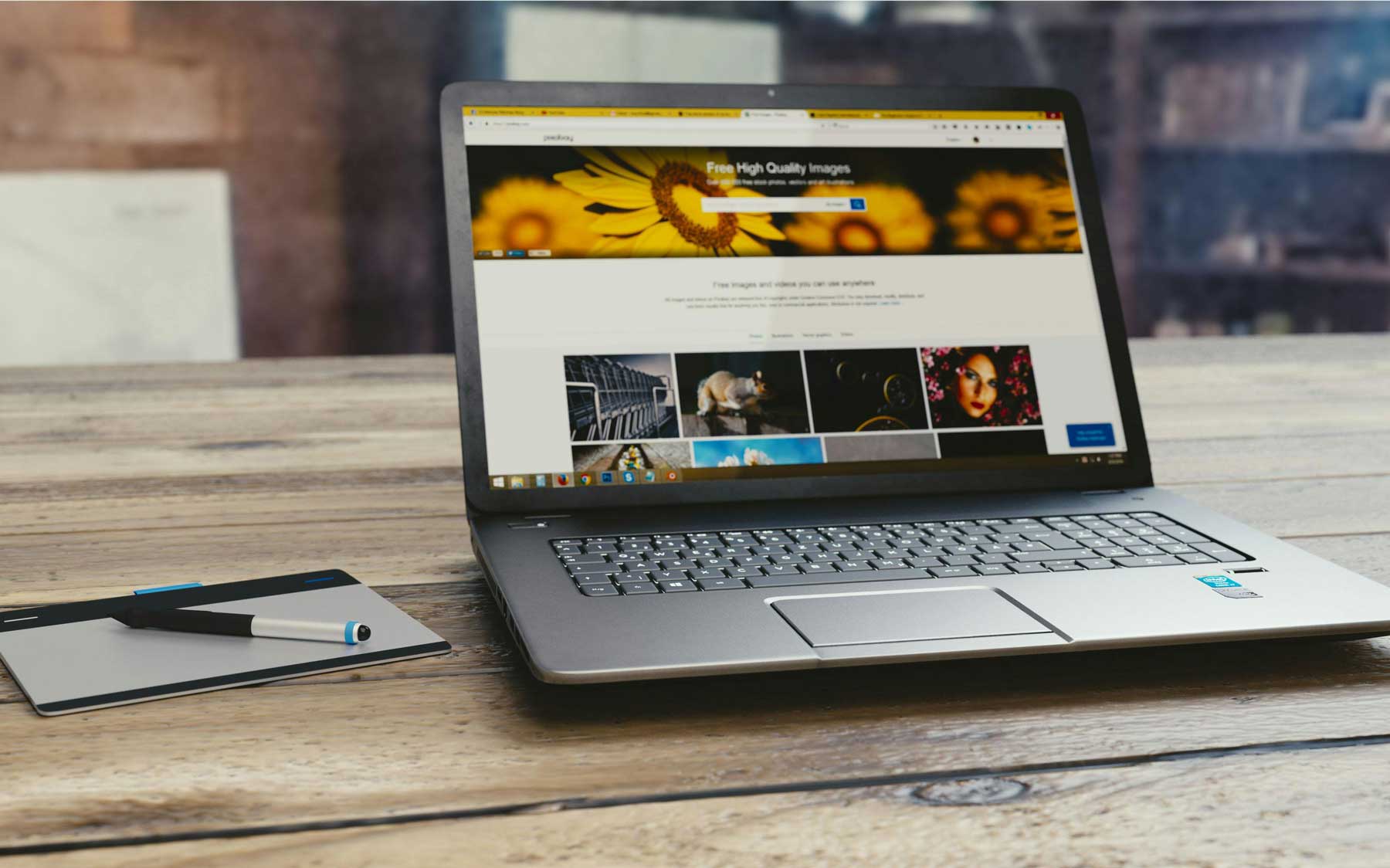It’s vital for growing businesses to get the best value out of every investment. For those who run small-medium businesses (SMBs), every dollar counts. Would a desktop or a laptop better suit your needs? That decision comes down to your needs as a business. Here’s five things to keep in mind when making this decision:
Portability
Laptops make it possible for your employees to be able to work from anywhere. They tend to be lightweight and easy to carry, making them capable of setting up and putting in work from anywhere in the world. Desktops can also be portable, though not to the same extent. All-in-one desktops have a monitor, CPU, and other important components built as one single unit, and although they’re not as lightweight or compact as their foldable counterparts, they can still be an acceptable option for a more powerful unit that can be moved from place to place.
Durability
While laptops can offer convenience in the form of portability, they are less protected, and more prone to damage. They may require more frequent repairs, as they’re more likely to be bumped, dropped, or spilled on. This caveat is satisfied by industrial, rugged laptops that are designed to operate in less forgiving conditions. Desktops are generally more durable than laptops, and more than likely won’t be in as many messy situations. However, they can still be damaged if not handled with care. Desktop towers can be knocked over or dropped, or be damaged by moisture or electrical surges. However, they can cheaper to repair than desktops, and certainly are easier to repair yourself.
Price
Both desktops and laptops can vary in a wide range of prices, depending on features and requirements. However, a laptop with the same specification as a desktop counterpart will tend to be more expensive. This disparity is because laptops require specialized components and more complex engineering to retain their portability and light weight. Laptops also require built-in batteries, something that desktops don’t need, adding extra cost. It’s important to note, however, that the price difference between the two has gone down recently. This is due in part to the increasing popularity of laptops as well as the ever-declining cost of manufacturing components.
Performance
Historically, desktops have far outpaced laptops when it came to performance. Limited by both weight and size restrictions, it was difficult to fit higher performing components inside a laptop’s frame. However, technology in size has advanced remarkably over time, and the gap in performance between the two has narrowed considerably since the inception of the laptop. The vast majority of laptop options are more than capable of fulfilling basic office tasks such as emailing, browsing, and word processing, however more demanding and intensive applications such as video editing, modeling, or coding may still be best reserved for a desktop.
Security
Physically, desktops are clearly more secure, as they are (typically) kept in a single location where they’re more conveniently kept track of. You can add physical access controls and keep security cameras around to keep unauthorized users away. Laptops, however, are vulnerable to theft and loss, and considering their traveling around, can also be more difficult to secure from cyberattacks. Having strict cybersecurity policies in your company can help stave off this threat. IT providers like ExpertIT also use mobile device management solutions so that we can remotely manage and secure your laptops.
At expertIT, we help our clients choose the hardware that fits their teams’ needs the best and can provide ongoing maintenance. Contact us today to discuss your computer needs and learn more about how we can support your business.

